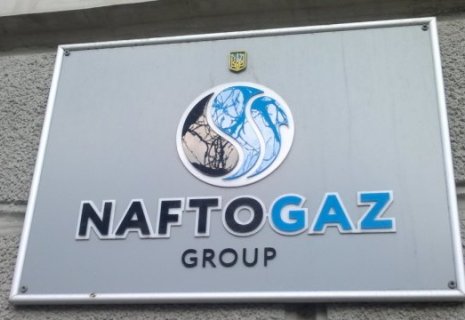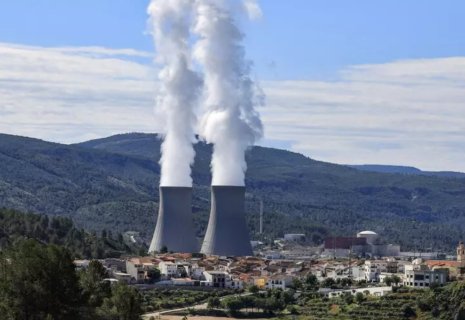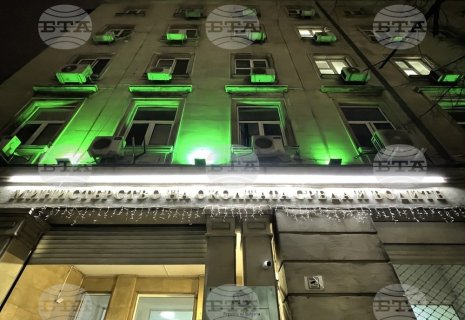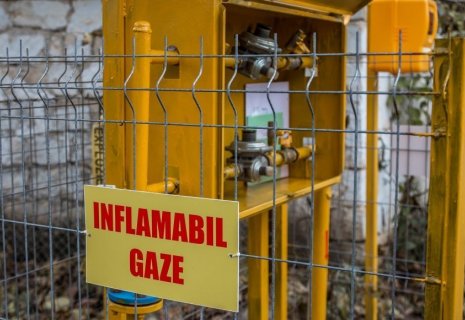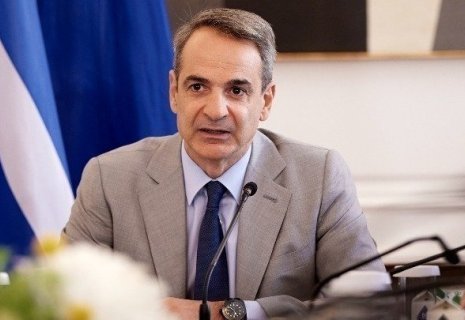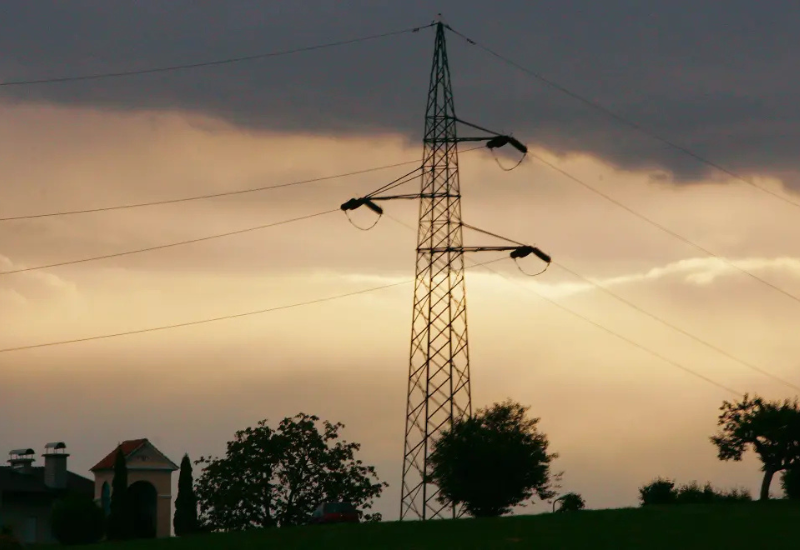
Slovenian energy billing dispute leads to temporary price cuts
The governing coalition in the National Assembly has passed a bill to temporarily reduce electricity network charges for households after months of wrangling between the government and the independent energy market regulator over a new electricity network billing system, CE Report quotes The Slovenia Times.
The new system, introduced on 1 October 2024 to prepare the network for higher loads due to the green transition, replaced a much simpler system of peak and off-peak charges in favour of multiple time bands under which the charge fluctuates depending on time of day and season.
After initially supporting the new system, which is in purview of the Energy Agency, the government changed tack after some households and businesses saw their electricity bills skyrocket as the peak winter season kicked in in November.
Warnings of pressure on regulator
Just before Christmas, both businesses and the government urged the Energy Agency to return to the old system or else its governing council should resign. Two council members resigned under pressure, while the regulator insisted on its billing methodology.
The government then wanted to replace the remaining three members of the agency's council to achieve a change of methodology but changed its mind after the European Commission warned it against exerting pressure on an independent regulator.
The ruling coalition then proposed a bill to reduce the charge for January and February, until the end of the peak season.
The bill was passed on 6 February despite the Energy Agency's warning that it encroaches on its independence and runs against EU law, and despite concerns expressed by parliament's in-house legal service that it may run afoul of the Constitution.
Stop-gap measure
Under the bill, the fee in the most expensive time band will be reduced to the level of the second most expensive time band (the margin between the top two is by far the highest of all five). The resulting deficit, estimated at €19.5 million, will be covered by the grid operator ELES.
Coalition MPs argued the new system was a drag on the green transition because it penalised owners of rooftop solar and heat pumps, and was needlessly complex.
The opposition agreed about the new system being bad, but said the bill did nothing to make it better because it applies for only two months and benefits just households and not businesses.
A similar point has been raised by two of the country's biggest business associations, the Chamber of Commerce and Industry (GZS) and the Chamber of Trade Craft and Small Business (OZS). They have been urging for the new system to be suspended as soon as possible and overhauled by taking into account the needs of businesses, including a transition period and gradual increase in fees.
Businesses that operate 24/7 and are connected to high- and medium voltage networks have been most affected by the current system, the GZS said, adding that some companies connected to high voltage networks saw their network charges increase by 258%, while for some businesses on medium voltage networks the costs spiked by up to 986%.
More changes expected later
The government has indicated it will consider the possibility of using other measures than those involving the network charge to help businesses.
Potential changes toward simplifying the system have been put forward by the grid operator and the Energy Agency itself has said it is considering changing the system now that it has more data, but the change is not likely before the end of the year.
Apart from going against EU law and encroaching on its independence, the agency also argues that the bill is unfounded and would selectively privilege certain groups of consumers.
Govt argues hikes disproportionate
The government brushed aside concerns about the law being potentially unconstitutional. "It's up to the courts to decide about compliance of the bill," said Environment Ministry State Secretary Tina Seršen.
She said the government knew the regulator, the Energy Agency, is independent, but even an independent regulator must act within the confines of strategic climate and energy goals.
"It is right for the government to protect people who have made the right investment decisions in the past from disproportional price hikes," she added.
She said households with solar panels and those with solar panels and a heat pump would see their energy bill increase by more than 200% at an annual level. This is a disproportionate increase that was introduced without a transitional period, Seršen said.

